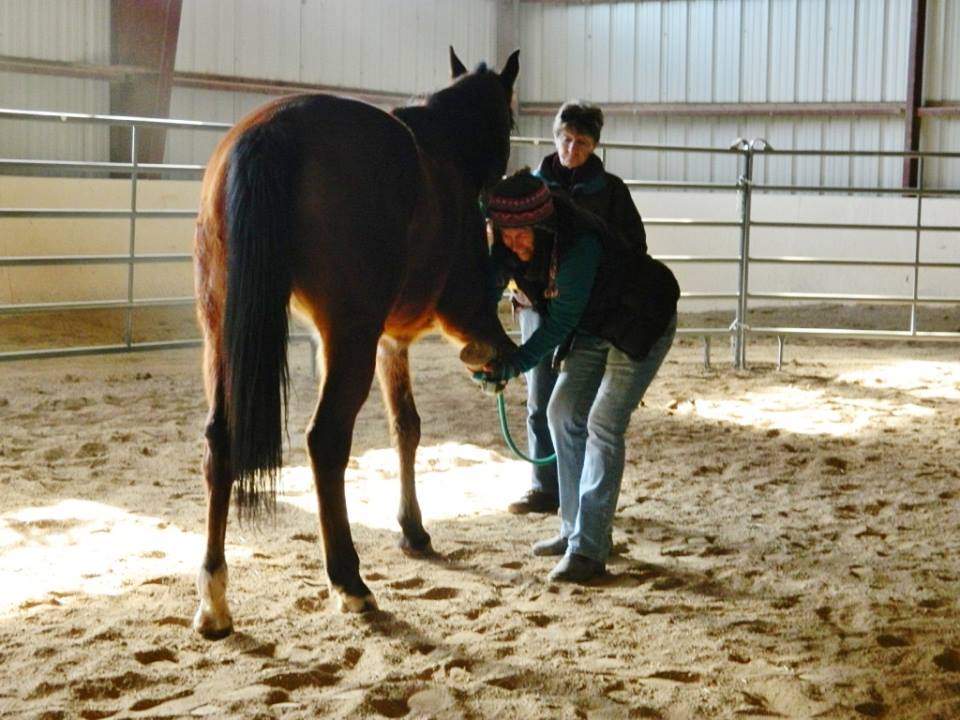Sustainable healing for the equine partner
Horses do not come with any preconceived ideas of what they should receive from a bodywork session, and unlike humans, they don’t respond to placebos.
Work done on the horse is usually integrated fairly quickly. It is non-force, employing the horse’s strong self-corrective response, as with humans. The difference is that the horse will generally recognize the self-correction more quickly. The horse may also require more hands-off time in which to integrate information.
“Susan has an amazing capacity to assess my horse’s body health in both the micro and the macro senses … and observes the whole animal, what his job is and how he is being worked. A truly gifted bodyworker.” -TF
With simple techniques, a lot can be accomplished in regaining health and balance sustainably.
The work supports the treatment of
Chronic and acute injuries
- Joint and muscle pain
- soft tissue injuries
- Repetitive strain
- Accident trauma
- Osteoarthritis
Structural imbalance
- Lameness
- Postural imbalances
- Scoliosis, kyphosis, lordosis
- Post-surgery rehabilitation
- Pelvic imbalances
- Cranial sensitivity
Illness
- Cushings (PPID) and Equine Metabolic Syndrome
- Laminitis
- Degenerative Joint Disease (DJD)
- Navicular
- EPM and neurological rehabilitation
- Endocrine imbalances
- Sleep deprivation
Emotional and Stress-Related Symptoms
- Physical and emotional trauma
- Shock
- Anxiety
- Flight/Fright – working with the sympathetic/parasympathetic nervous system
What I like about this work is that my horse is a participant in his healing. He is not just having something “done to” him, he is part of the process.” – RB



